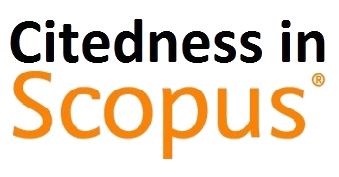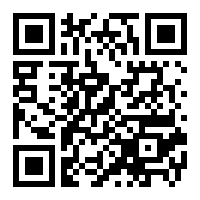Implementation of Logging Feature in Android Payment SDK using Scrum Method
(1) Informatics Department, Faculty of Industrial Technology, Universitas Islam Indonesia
(2) Informatics Department, Faculty of Industrial Technology, Universitas Islam Indonesia
(*) Corresponding Author
Abstract
Full Text:
PDFReferences
Bank für Internationalen Zahlungsausgleich, Ed., Implications for central banks of the development of electronic money. Basle, 1996.
A. Hidayat, “Working papers : Upaya meningkatkan penggunaan alat pembayaran non tunai melalui pengembangan E-Money,” Jakarta, 2006.
Y. C. Lin, N.-H. Ha, and K.-S. Lin, “The Role of mPOS System in Process Change and Strategy Change: A Situated Change Perspective,” p. 21, 2015.
S. Gupta, Logging in Java with the JDK 1.4 logging API and Apache log4j. Berkeley, Calif.: Apress, 2003. Accessed: Sep. 11, 2021. [Online]. Available: http://www.books24x7.com/marc.asp?isbn=1590590996
M. Davidekova and M. Gregu Ml, “Software Application Logging: Aspects to Consider by Implementing Knowledge Management,” in 2016 2nd International Conference on Open and Big Data (OBD), Vienna, Aug. 2016, pp. 102–107. doi: 10.1109/OBD.2016.22.
D. Yuan et al., “Be Conservative: Enhancing Failure Diagnosis with Proactive Logging,” p. 14.
Q. Fu et al., “Where do developers log? an empirical study on logging practices in industry,” in Companion Proceedings of the 36th International Conference on Software Engineering, Hyderabad India, May 2014, pp. 24–33. doi: 10.1145/2591062.2591175.
C. Gülcü, S. Pennec, and C. Harris, “Logback Project,” Logback Project. http://logback.qos.ch/ (accessed Sep. 13, 2021).
J. Sutherland and K. Schwaber, “Nut, Bolts, and Origins of an Agile Framework,” p. 225.
K. Bhavsar, V. Shah, and S. Gopalan, “Scrum: An Agile Process Reengineering in Software Engineering,” IJITEE, vol. 9, no. 3, pp. 840–848, Jan. 2020, doi: 10.35940/ijitee.C8545.019320.
H. R. Suharno, N. Gunantara, and M. Sudarma, “Analisis Penerapan Metode Scrum Pada Sistem Informasi Manajemen Proyek Dalam Industri & Organisasi Digital,” JTE, vol. 19, no. 2, p. 203, Dec. 2020, doi: 10.24843/MITE.2020.v19i02.P12.
J. Rasmusson, The Agile Samurai: How Agile Masters Deliver Great Software, 1st ed. Pragmatic Bookshelf, 2010.
M. Cohn, User Stories Applied: For Agile Software Development. USA: Addison Wesley Longman Publishing Co., Inc., 2004.
DOI: https://doi.org/10.30645/ijistech.v5i4.150
Refbacks
- There are currently no refbacks.
Jumlah Kunjungan:
Published Papers Indexed/Abstracted By:












